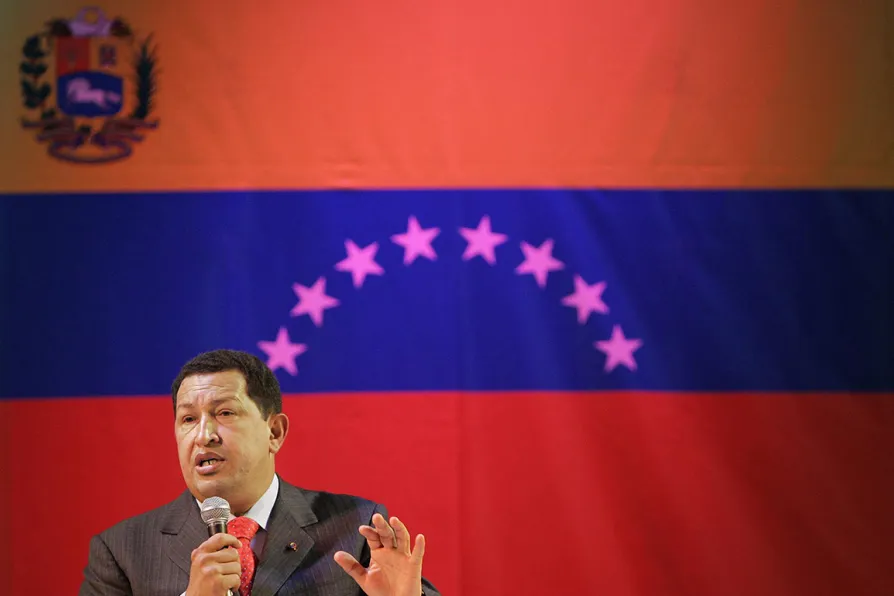Data on regional deprivation in England shows us an unequal society, but what to do about it remains unanswered argue ROX MIDDLETON, LIAM SHAW and MIRIAM GAUNTLETT
Celebrating Chavez and the power to transform lives
25 years on from his becoming Venezuela’s president, Chavez should be remembered as a spark for 21st-century socialism, writes MATT WILLGRESS

 President of Venezuela Hugo Chavez addresses crowds of supporters at the Camden Centre, London, May 2006
President of Venezuela Hugo Chavez addresses crowds of supporters at the Camden Centre, London, May 2006
THIS month marks 25 years since Hugo Rafael Chavez Frias became president of Venezuela.
Chavez died just over 15 years later on March 5 2013, but his legacy lives on in the burgeoning anti-imperialist — and, in many places, anti-capitalist — movements that receive increasing support not only in Latin America, but across the global South.
In this sense, he stands with other giants of national liberation and socialist movements of past decades such as Thomas Sankara, Patrice Lumumba and, of course, Che Guevara.
Similar stories

Sixty years after his murder, it is up to all of us to defy ruling-class attempts to sanitise or distort his revolutionary legacy by upholding his deep understanding of capitalism’s ties to racism and empire, writes ISAAC SANEY

CARLOS MARTINEZ welcomes the publication of the writings of the great Palestinian author, political theorist and spokesman for the PFLP

Cuba Solidarity Campaign director ROB MILLER invites readers to book tickets for a speaking tour not to be missed in the struggle for liberation around the globe

FIONA SIM sees the Venezuelan anti-fascist and anti-imperialist initiatives as offering hope to the rest of the world










